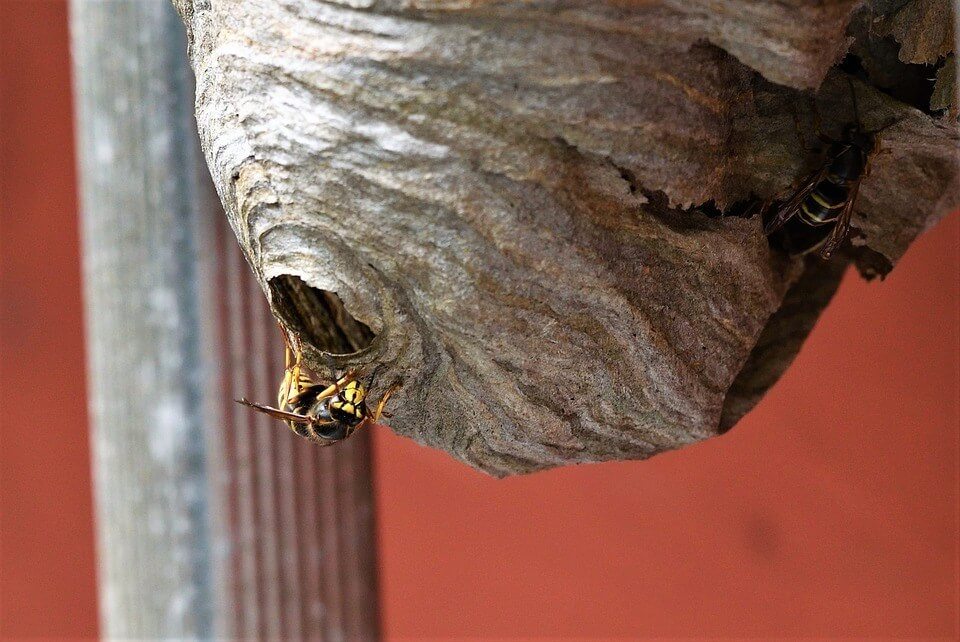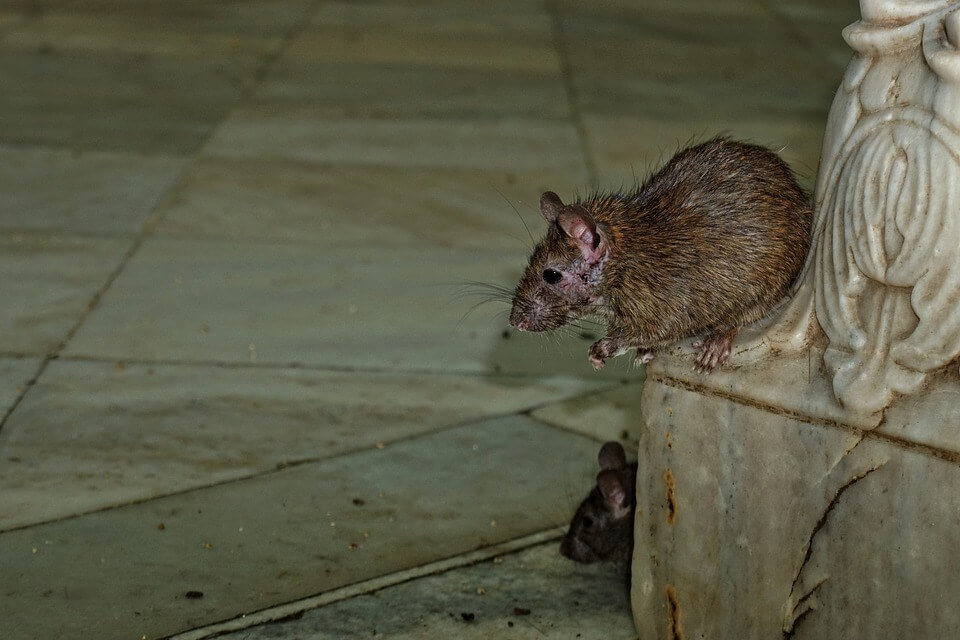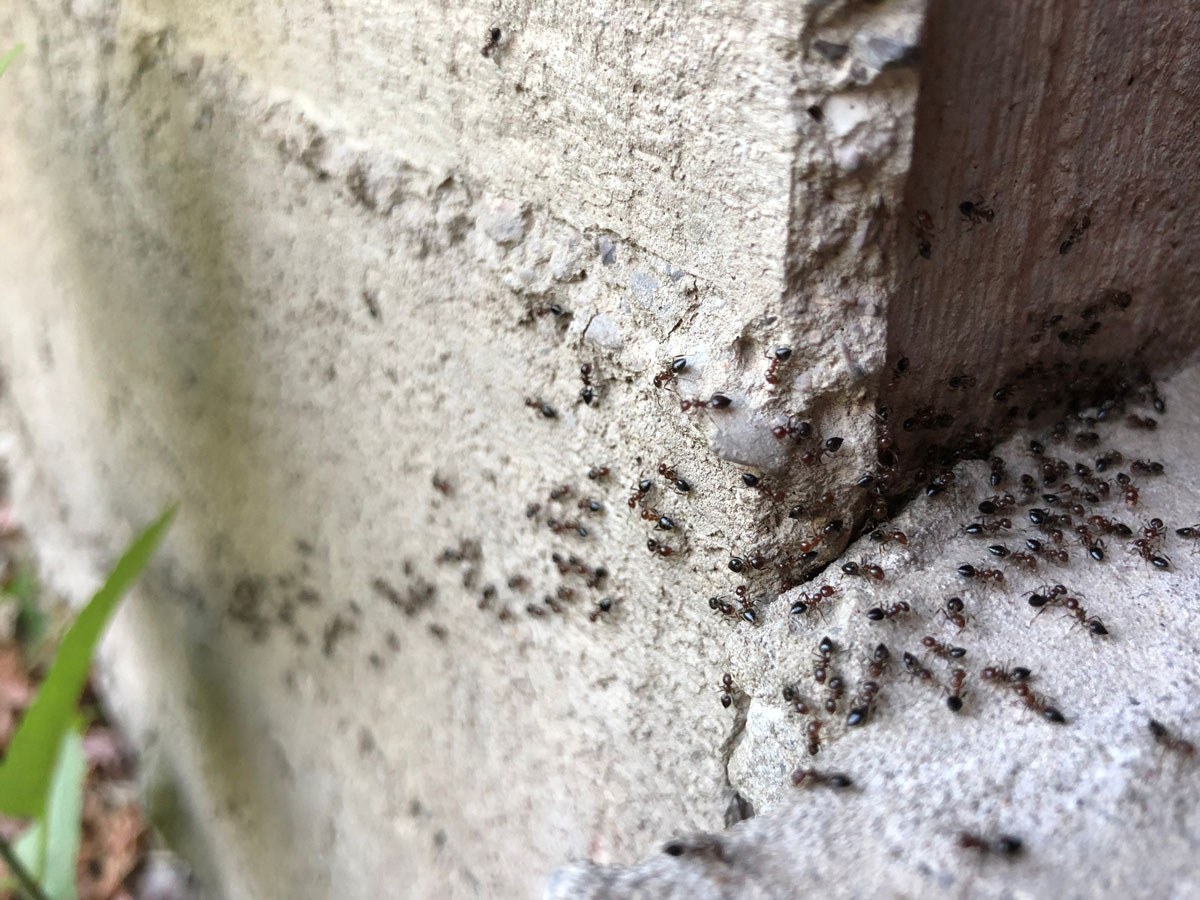How To Get Rid Of Wasps and Wasp Nests
July 06, 2020

At Aim Environmental we offer a checklist to identify, remove and treat wasp nests in the West Midlands
Why control wasps?
Having a wasp nest on your commercial or residential property is not just a hassle but also can be quite dangerous to the well-being of humans and pets on the property. Wasps are highly aggressive insects and can attack with little or no provocation. They are especially protective of their nests and young ones and can attack in swarms when you are least prepared. If you plan to sell your property having the nests removed and treated will add to the overall value of the place. Irrespective of whether you intend to stay, rent or sell the property having wasp nest removal carried out by professionals is an absolute must. An added danger of wasps is they can be dangerous to those that are allergic to their painful stings.
Wasp nest removal – How and what you should not do and why you shouldn’t do it yourself
While there are loads of online articles and several DIY videos online, this is the last thing to try to attempt as a DIY solution. Attempting to dislodge or destroy a wasps’ nest can be both physically and financially taxing. This is a task best left to professional pest control services that have the expertise, experience and equipment to carry out a successful job.
Things not to attempt for removing a wasp nest
1. Fire: Do not attempt to set a nest on fire as it is not only unsuccessful but also dangerous. The nests are constructed from a very thin paper-like substance that is highly inflammable. This substance is created when wasps chew on wood pulp. Consequently, setting fire to a nest can not only lead to burns but can also damage the property. Neither will an attempt to burn the nest be successful as the surviving wasps will go into defence mode and attack everyone in the vicinity.
2. Water: Another method that is highly ineffective in removal of wasps from a property. Flooding the nest will not be successful because subject to the location of the nest the water could cause seepage and lead to property damage. If the nest is in the attic, flooding will damage the plaster ceiling as well as the beams of the attic. Neither will it get rid of all the creatures from the hive. As with burning they will get aggressive and sting everyone in the area.
3. Using a racquet/bat: Another crazy option that is offered as a DIY method is to take a racquet/bat and have a swipe at the nest. This is the most imprudent of all the solutions. Any attempt to destroy the nest with a bat/racquet will endanger you of getting stung by multiple wasps at the same time. Those that are allergic to wasp stings can suffer an anaphylactic shock that could lead to death.
The most effective way to get rid of a wasp nest
The ideal solution to have a wasp nest removed permanently from any property is to call the wasp nest removal specialists on 01902 475175. We are trained and have the necessary equipment and products to eradicate the issue permanently and without fuss.
However, if you are still insistent on a DIY wasp nest removal method here a few tips:
- The night would be the best time to attempt it.
- Approach slowly with a bin liner and cover the entire nest.
- Remove the nest from the attached surface and seal the bag well.
- Place the bag in an external bin well away from the property and cover it tightly with the lid.
- If you could pray insecticide thoroughly over the nest before removal it would be ideal.
- In case the nest is in a difficult to reach spot like up on a tree branch, below the roof gutters etc. it is best to let Aim Environmental handle the task or it could lead to serious injury.
Note: If you have an allergy to wasp stings or are hypoallergenic do not attempt a DIY method to remove the nest and call pest control services instead.
Difference between wasps and bees
Two of the most common type of wasps found in the UK are Vespula germanica (German wasp) and Vespula vulgaris (Social or Common wasp). Other species are far less prevalent in the country.
Main differences between wasps and bees:
- Less hairy than bees. More distinctive and well-defined waist than bees.
- Yellow and black markings are seen on wasps’ bodies.
- The body has three segments: head, thorax and abdomen.
- The female of the wasp species stings and could do so repeatedly
How to identify a wasps’ nest
The nests of wasps have papery walls that are created by the wasps from chewing on wood pulp missed with saliva. They are found in well-sheltered areas that offer easy access to the creatures. They are most commonly found in garages, under gutters or eaves, roof spaces and wall cavities etc. One way to find a nest is to observe the flight path taken by wasps on your property especially in the summer when wasp numbers increase.
Preventing wasp nests
A few measures to prevent wasps from building a nest on your property are:
- All vacant areas and prospective access points should be sealed and regular maintenance checks are done.
- To prevent them from entry into your home install fly screens on doors and windows.
- Get wasp traps from your local hardware store or online. You could also lookup YouTube to build DIY traps at home.
How to treat a wasp sting
While most people are immune to any reactions from a wasp sting other than pain or swelling, in rare cases with more severe reactions like the patient having difficulty in breathing, a swollen mouth or face, wheezing, nausea etc. contact a medical professional immediately. It could be the onset of an anaphylactic shock brought on by the poison in the sting.
For pain and slight swelling on the portion where the sting is:
- Apply an icy cold compress with a flannel cloth or ice-pack.
- For relief from pain, an ibuprofen or paracetamol tablet may be given.
- For localised swelling of the sting, an antihistamine tablet can be taken.
See the NHS website for more details
If you have noticed a wasp nest on your property in Wolverhampton or the West Midlands and want professional help to remove it contact Aim Environmental by email or call us on 01902 475175 at the earliest.


Contact Us Today same day call out available
Having rats, mice and squirrels in your property or place of work can be traumatising, not only for the effect on your health, but also the damage that can be caused to personal property, belongings or stock.









